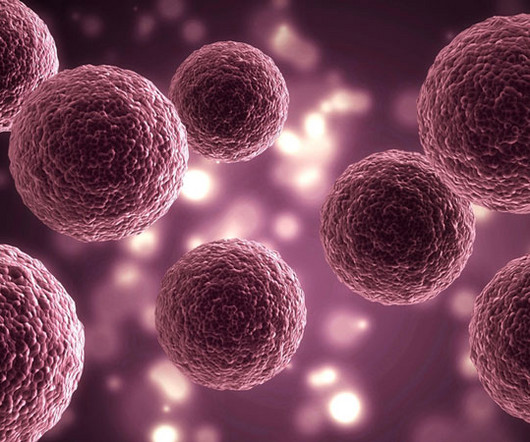Separating the Hype from the Hyperbole Surrounding FDORA’s Alternatives to Animal Testing under the FD&C Act
FDA Law Blog: Drug Discovery
FEBRUARY 2, 2023
While this hype may be warranted in some respects—a 60-year old legal provision has now been amended to acknowledge that the science of drug development is advancing—the change is mostly symbolic and is likely to take many years before we see it have a measurable impact. 42 U.S.C. § 262(k)(2)(A)(i)(I). 42 U.S.C. § 262(k)(2)(A)(i)(I).












Let's personalize your content